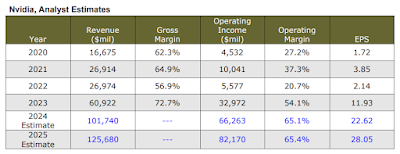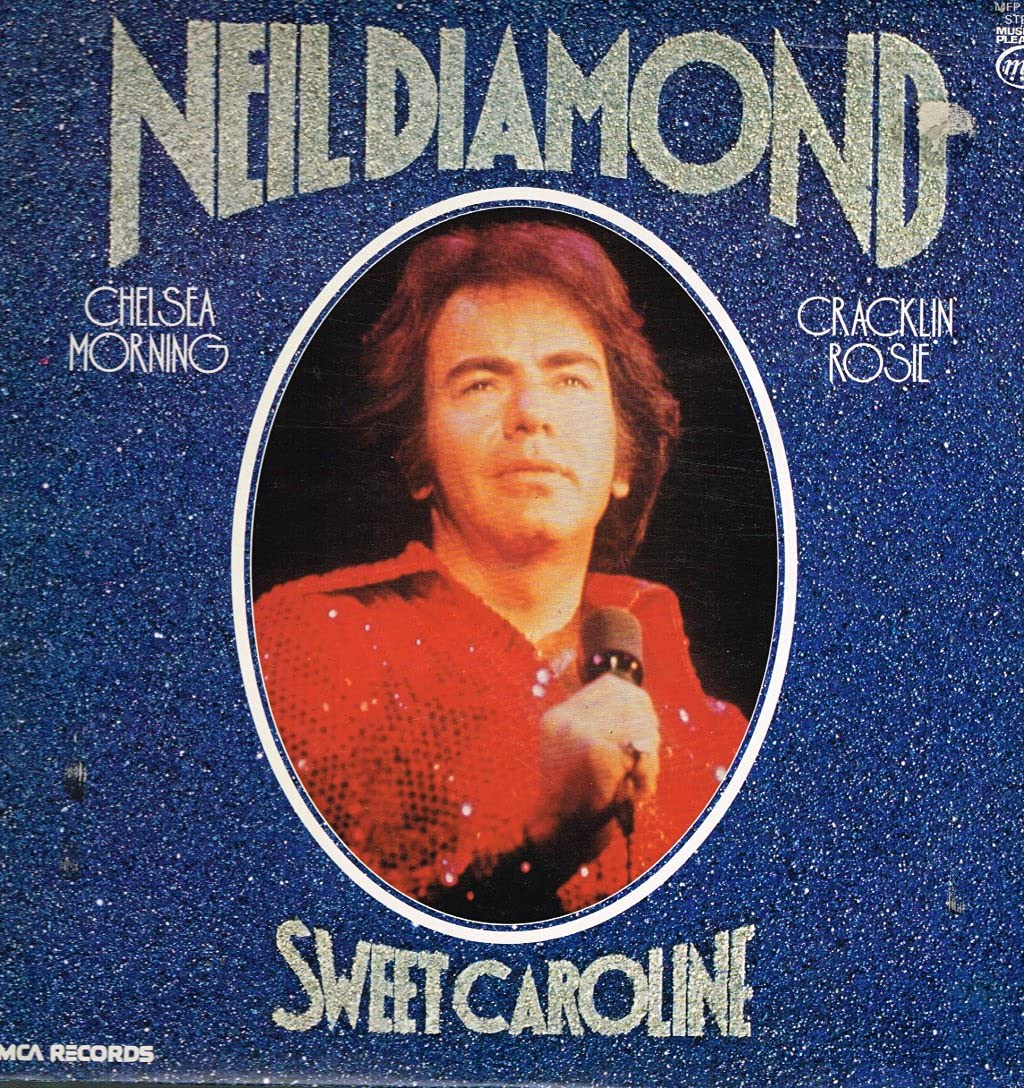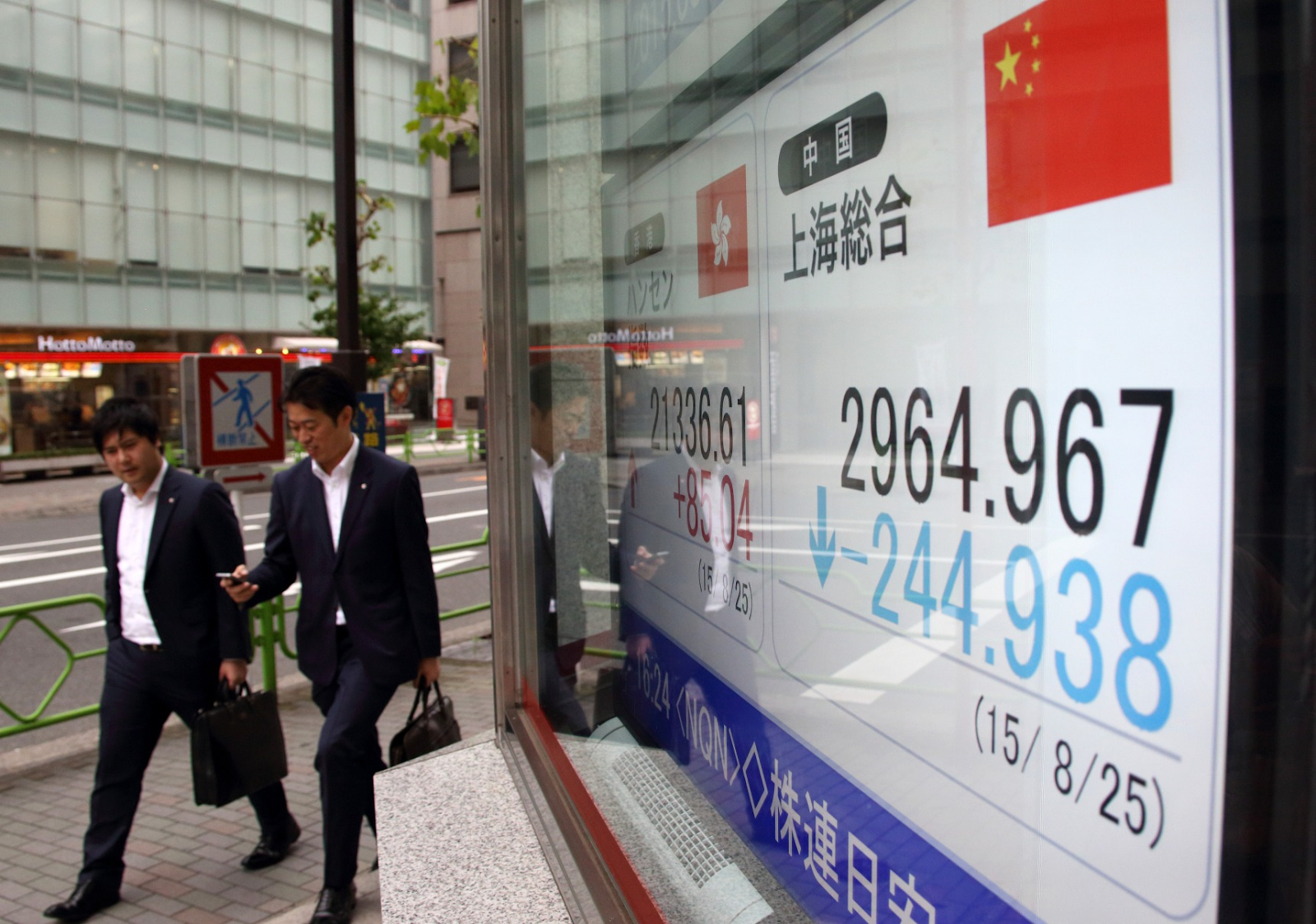Apr 29, 2024
David Swensen on the investment industry
Apr 22, 2024
Gary Mishuris on sticking to the investment process
Savita Subramanian on the brain drain from active equity investing
Apr 21, 2024
Patti Domm on the decline of active investing
Burton Malkiel on how the AI revolution is different from the internet bubble of 2000
Fred Hickey begins buying gold stocks
Apr 20, 2024
Kevin Duffy on economics and investing
Apr 19, 2024
Kevin Duffy on Nvidia's $2.2 trillion valuation
Kevin Duffy on bitcoin
Apr 16, 2024
Jeffrey Evan Brooks on socialism
Apr 15, 2024
Kevin Duffy on gold
Cathie Wood on supply and demand slowing Nvidia's growth
Apr 13, 2024
Alasdair Macleod on BRICS (China's Plan B)
Apr 12, 2024
Rick Rule on the disconnect between gold price and equities
Rick Rule on the long bull market in commodities
Apr 11, 2024
Jim Grant on Asian central bank buying of gold
Jim Grant on how interest expense was removed from CPI in 1983
Dan Ferris on decision making
Jeremy Hammond: Biden's concerns for humanitarian situation in Gaza is a cynical PR ploy
John Hathaway on central banks replacing U.S. dollars with gold
John Hathaway on the recent gold breakout
The Economist on the decline of active investing
Apr 9, 2024
Apr 8, 2024
Meb Faber on investing in China
John Zolidis on top retailers signaling economic distress
Apr 5, 2024
Sarah Katilyn on the evolution of modern man
Mahmoud Issa on the economic costs of the Gaza invasion
Apr 4, 2024
The Economist: "the supposed decoupling between America and China is in fact illusory"
Michael Fritzell on China's economic experiment: "A return to Mao-era governance seems unlikely"
Bloomberg Businessweek on muted impact of stimulus in China
The Economists: "Foreign investors are fleeing Chinese stocks"
Foreign investors are fleeing. They have been net sellers for months, dumping $2 bn-worth of shares in January alone… As miserable as the performance of Chinese stocks has been for most of their three-decade history, the present downturn feels different. That is because China’s economic prospects are gloomier than at any point in recent history.
~ “Fanning the flames: China’s stockmarket nightmare is nowhere near over,” The Economist, March 2, 2024
The Economist: China's retail investors have lost interest in risk assets
Mutual funds, which invest in stocks and are hard to redeem, saw their smallest inflows in a decade last year. Money-market funds, which can be sold instantly, grew from 8.1 trn yuan in 2020 to 12.3 trn in July... Retail investors’ hitherto growing interest in stocks, bonds and investment funds, which the government had hoped would reduce Chinese savers’ fixation with property, has reversed.
~ “Disrupting dreams: Markets are pummeling China’s well-to-do,” The Economist, March 2, 2024




































